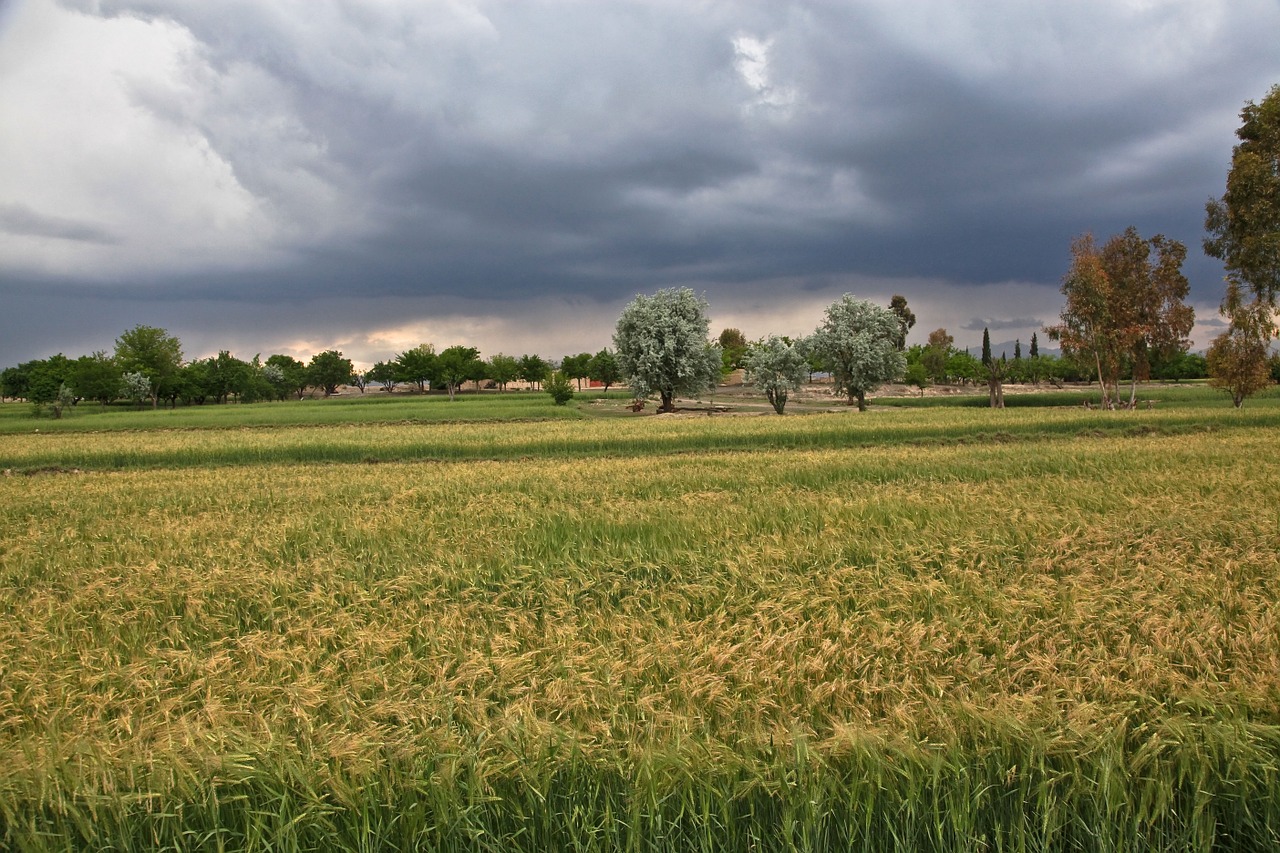 If Afghanistan is to have a stable and prosperous future, environmental conservation must be a vital part of the country’s ongoing development. This is the philosophy behind the Ecology and Conservation Organization of Afghanistan (ECOA), a fully Afghan-owned and -operated nonprofit NGO. Founded in 2010, ECOA works to protect and rehabilitate Afghanistan’s environment and alleviate poverty in the country through sustainable natural resource management and community-based development initiatives. Read on to learn more.
If Afghanistan is to have a stable and prosperous future, environmental conservation must be a vital part of the country’s ongoing development. This is the philosophy behind the Ecology and Conservation Organization of Afghanistan (ECOA), a fully Afghan-owned and -operated nonprofit NGO. Founded in 2010, ECOA works to protect and rehabilitate Afghanistan’s environment and alleviate poverty in the country through sustainable natural resource management and community-based development initiatives. Read on to learn more.
What are ECOA’s mission and vision?
“Protect, connect, and support” are the three key watchwords of ECOA’s mission. In order to secure a sustainable future for Afghanistan’s land and people, ECOA works to conserve biological diversity, promote the sustainable use of renewable natural resources, reduce pollution and wasteful consumption, and build sustainable livelihoods.
All of these efforts are geared toward realizing ECOA’s future vision of a prosperous Afghan society that embraces stewardship of and responsibility to nature. As ECOA imagines it, by 2050 Afghanistan will have accomplished a number of goals. First, it will have conserved biodiversity in all of its ecosystems and understood that economic development cannot come at the cost of a net loss of biodiversity while embracing and implementing sustainable social and economic patterns and eliminating—or mitigating—serious ecological threats.
Who runs ECOA?
While there are a number of environmental and conservation organizations operating in Afghanistan, ECOA is distinctive in that it is one of the few to be entirely Afghan-run. The organization’s core team consists of the following:
Sardar Amiri, founder and head of operations—Amiri is a native of Afghanistan’s Bamyan region. His passion for environmentalism was inspired in part by his love of the Baba mountains, where he loves to hike.
Islamudin Farhank, project support officer—Another Bamyan native, Farhank has a background in political science. He aims to use his knowledge to support environmental policymaking that benefits Afghanistan’s vulnerable communities.
Mohammad Din, finance officer—In addition to his passion for hiking and ecology, Din is dedicated to environmental conservation. He believes that preserving the environment is an essential part of preserving the wealth of current and future generations.
Habiba Amiri, executive director—A co-founding member of ECOA and a native of Bamyan, Amiri also enjoys the wilderness of the Baba Mountains. She is dedicated to improving family livelihoods through ECOA projects.
In addition to the operational team, ECOA is supported by a variety of donors and partners. These include Afghanistan’s National Environmental Protection Agency, the Global Environment Facility, the United Nations Environment Programme, the Government of Finland, and the British Ecological Society.
What kinds of projects has ECOA implemented?
ECOA has created and carried out a wide range of projects since its establishment in 2010. In general, the organization’s approach prioritizes community participation: As it implements projects, ECOA typically takes on the role of facilitator, providing training, support, and coordination to communities in their conservation and environmental efforts.
These are some of the projects that ECOA has developed:
The Bamyan Environmental Conservation Center (BEC)—Currently in development, the BEC is a vital hub for all of ECOA’s activities. The multi-purpose indoor and outdoor space will serve as a nexus for environmental education and knowledge sharing tailored to the different knowledge, experience, and needs of diverse local stakeholders.
The BEC is home to a fully cataloged physical and online library on nature conservation and natural resource management; exhibition rooms for educational displays, workshops, discussions, and theater and film events; regular demonstrations of green technologies and sustainable livelihood options; and an herbarium and medicinal plant garden.
Beekeeping Empowerment Education Sustainability (BEES)—This project was implemented under the umbrella of a large-scale program targeting Bamyan’s agriculture sector. The aim of the program was to provide local farmers with innovative agricultural technologies and business support to help them transform their livelihoods. ECOA’s contribution involved working with a number of agriculture cooperatives to establish a community-based beekeeping industry, with the goal of alleviating poverty at the grassroots level. As with all of ECOA’s work, the BEES project sought to empower local community members by encouraging meaningful involvement at every stage, from sourcing raw materials to marketing the products of the beekeeping process.
The Darwin Initiative—As part of the Darwin Initiative, a mechanism funded by the UK government that helps emerging economies meet their Convention on Biological Diversity objectives, ECOA operated a program in the Bamyan region to help prevent environmental degradation and other problems through sustainable fuel interventions. Bamyan province is an important area for biodiversity as it is home to many unique species of plants, shrubs, and trees, but the rural people who live in the area use these species for firewood. This harvesting disrupts the natural structure of the plant community and can lead to serious environmental consequences; in addition, the open fires contribute to indoor air pollution and human health issues.
To help address this problem, ECOA implemented a number of sustainable fuel interventions, such as providing local communities with specially designed clean cookstoves as well as bio-briquettes and solar water heaters (to reduce the demand for firewood).

